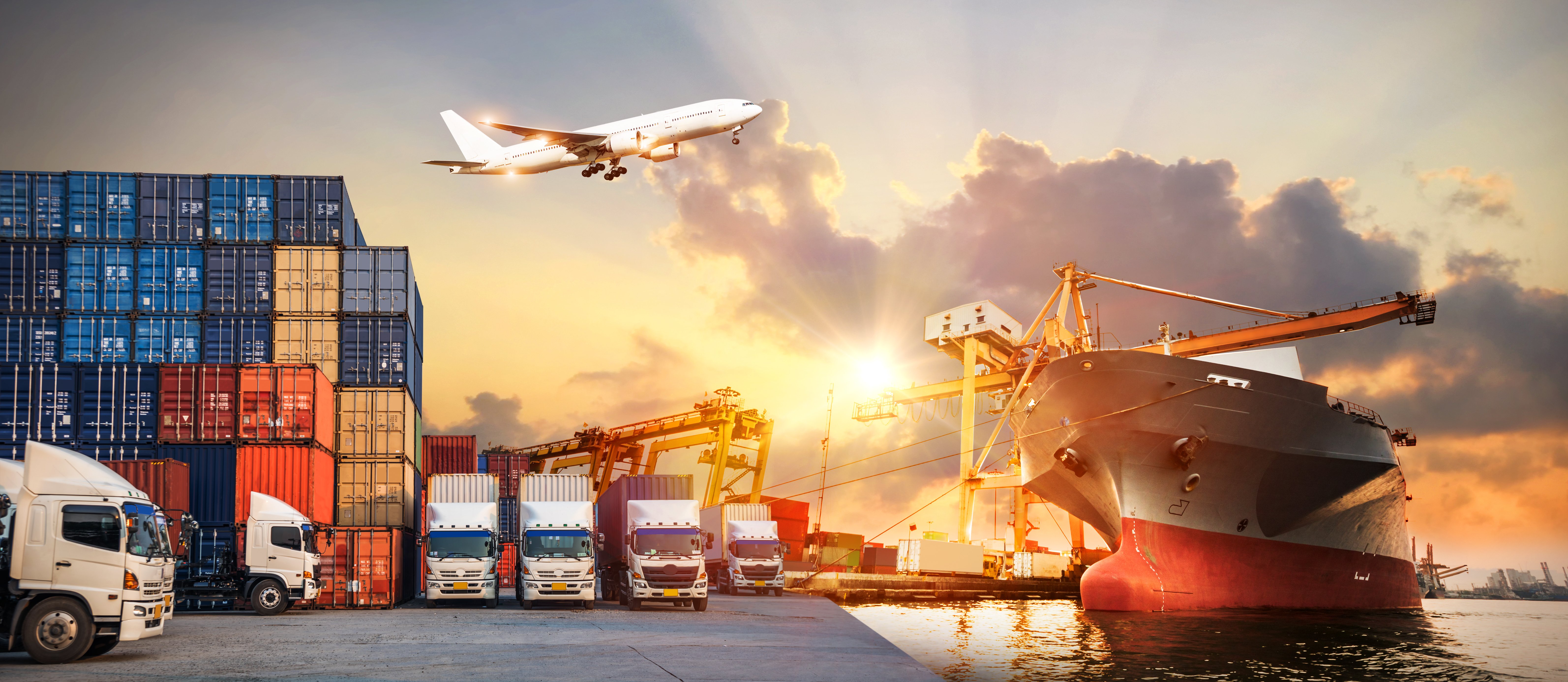Cargo Expedition: The Backbone of International Trade and Connectivity
Cargo Expedition: The Backbone of International Trade and Connectivity
Blog Article
Cargo journeys are the foundation of trade between countries, ensuring the seamless movement of goods across borders and continents. They play an essential role in bringing together suppliers, producers as well as consumers, helping to boost the development of the global economy. From transporting raw materials to manufacturing to transporting finished products to the market, cargo trips ensure that supply chains operate effectively. With the rapid pace of globalization, the demand for efficient and reliable shipping services has increased dramatically making the sector a complex system of logistics, technologies and infrastructure. Each successful transaction in trade regardless of size relies on the success of cargo expeditions.
One of the primary variables that influence the success of cargo operations is the method of transportation. The choice of transport-air freight, sea freight, or road freight, depends on the kind of cargo, the location, and the timeframe for delivery. Sea freight has become the primarily employed method of transporting massive quantities of goods as it is cost-effective for long-distance travel and can accommodate a range of goods. However, it is associated with higher transit times in comparison to air cargo, which is best suited for expensive or time-sensitive goods like medical devices, electronic products, as well as perishables. Road freight is usually used for regional deliveries, offers versatility and may complement the air and sea transportations by creating a bridge between warehouses, ports and final destinations.
The logistics of cargo transportation require careful plan and coordination in order to ensure the efficient movement of items. Shipping companies should consider factors such as climate conditions, customs regulations and security regulations when arranging the transport of cargo. They must also improve delivery routes and schedules to cut costs as well as reduce the time to deliver. Many times, cargo trips involve multimodal transportation that involves the movement of cargo across different modes of transportation. For example, cargo may be shipped by sea into a major port and then transported by truck to a distribution centre. The ability to seamlessly transition between different modes of transport is essential to ensure the efficiency of your business and to avoid disruptions to logistics.
The global logistics sector is growing and develop, technology is playing an increasing role in making cargo journeys more efficient. Innovations in tracking systems electronic documentation and the automated handling of Cargo Expedition are changing how cargo is handled during the journey. GPS and RFID technologies allow continuous tracking of cargo which provide both the shipper and customer with up-to-date information about the exact location of cargo. Technology advancements make it easier to monitor the status of cargo, which ensures that any delays or issues are promptly dealt with. Furthermore, digitalization has streamlined procedures for documentation, decreasing the requirement for paper-based documents and making the clearance of cargo much more efficient. To receive new information kindly head to Muat
The successful cargo journey greatly depends on the experience and coordination of logistics specialists. They oversee complex supply chains and ensure conformity with international trade regulations and the requirements of customs. They strive to identify and overcome problems that could arise, including the occurrence of delays, geopolitical tensions and weather disturbances. Their ability to communicate between different transportation modes or time zones as well as languages is essential to maintain the efficiency of global trade. Continuous training and skill development are vital in this area that allows workers to be able to respond to technological advancements and the ever-changing needs of the world market.
Cargo expeditions are an indispensable element of modern commerce, connecting production and consumption across the globe. They harness advanced transport techniques, the latest technology and sustainable practices to meet the needs of both businesses as well as consumers. Their commitment and knowledge of logistics experts ensure seamless operation of supply chains, which makes cargo expeditions a key driver of economic expansion. As the business continues to change, it will always be top of the line in global trade, shaping the flow of goods and fostering connections that transcend boundaries. The future for cargo voyages is in collaboration, innovation as well as a constant determination to achieve excellence.